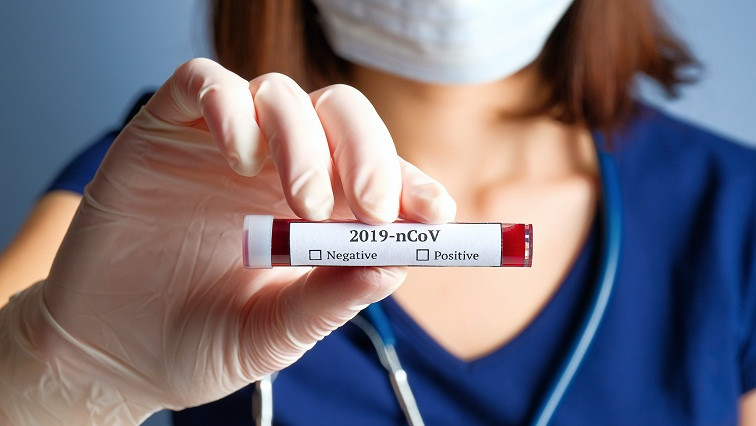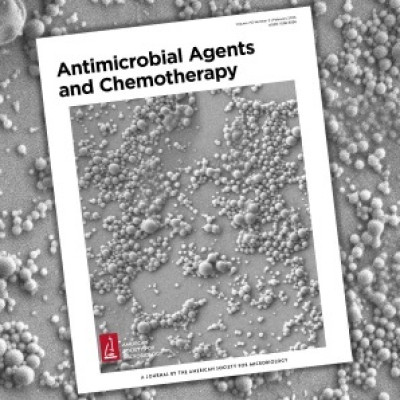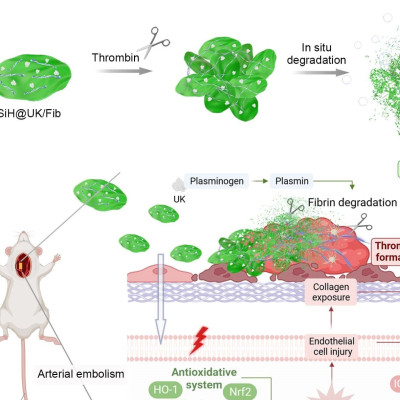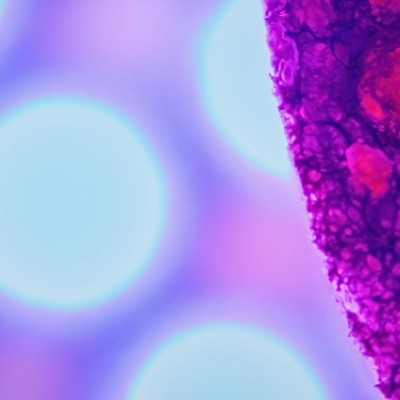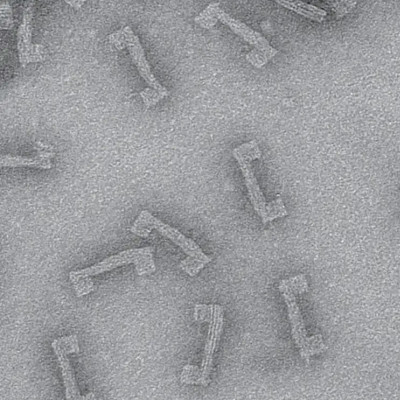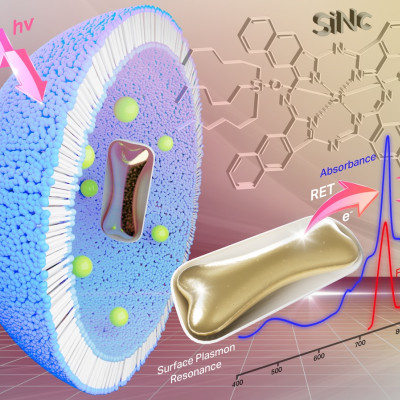This increased pressure on current testing methods that require laboratory machines, means that it is vital alternative approaches can be found to make it easier and quicker for potential carriers to be tested and screened. Some methods modify the standard PCR test, to amplify small bits of genetic material to enable detection, whereas others sequence the virus directly or use the genome editor CRISPR.
Meanwhile, another form of test, widely used in China’s efforts to fight the spread of coronavirus, offers a quick point-of-care solution by detecting the IgM and IgG antibodies your body creates to naturally fight off the virus.
This antibody test allows medical practitioners to determine whether someone tests positive for COVID-19 within 3 minutes and issues negative readings within 15 minutes. The test also provides a supplementary detection indicator for suspected cases with negative nucleic acid detection from the PCR machines, or in conjunction with nucleic acid detection in the diagnosis of suspected cases. This means that less false results slip through the cracks, and the accuracy of COVID-19 diagnosis is much higher.
There are several advantages to the antibody test, compared to PCR it saves time and it does not require equipment, it is simple to perform and only requires minimal training. It can be performed at the bedside in any clinic or laboratory, at airports and at railway stations. It is more convenient to use fingertip or heel blood, instead of vein blood for out of clinic screening. Initial test results using fingertip blood were shown to be as good as that of vein blood, which suggests these antibody test kits can be used for rapid field detection.
Another potential application of this test is screening asymptomatic carriers, as asymptomatic carriers can freely spread COVID-19 without any warning signs. This makes the coronavirus outbreak control more difficult to manage, because there is no centralised method available to screen asymptomatic carriers. The antibody test kit makes large scale screening of asymptomatic carriers possible. At least some, if not all the carriers, are likely to have anti-COVID-19 antibodies, as demonstrated by asymptomatic Zika virus carriers.
Because this test can detect IgM and IgG simultaneously, it can also be used in early diagnosis and for monitoring during treatment. Infection has been shown to start at the lungs, not in the upper respiratory tract, therefore, sampling during the early infection stage using throat swabs may not detect the virus. This is one explanation for the number of false negatives in PCR tests. However, this sampling effect should not have any effect on IgG and IgM detection through the rapid antibody test.
Certainly, this test cannot confirm virus presence, only provide evidence of recent infection, but it does provide important immunological evidence for physicians and doctors to make the correct diagnosis, alongside other tests and to start treatment of patients faster. Researchers have found that the combination of nucleic acid PCR and the rapid antibody tests together, can provide more accurate coronavirus infection diagnosis.
The World Nano Foundation’s partners currently have rapid COVID-19 IgG-IgM combined antibody Colloidol Gold Method Tests available, using lateral flow immune assay techniques. It takes less than 15 minutes to generate results and determine whether there is recent infection. It is easy to use, and no additional equipment is required. This rapid test has great potential benefit for the fast screening of COVID-19 infections, and it has already been granted CE mark certification. For more information about the tests please visit https://www.worldnanofoundation.com/covid19-tests
Read the original article on Nano Magazine.

